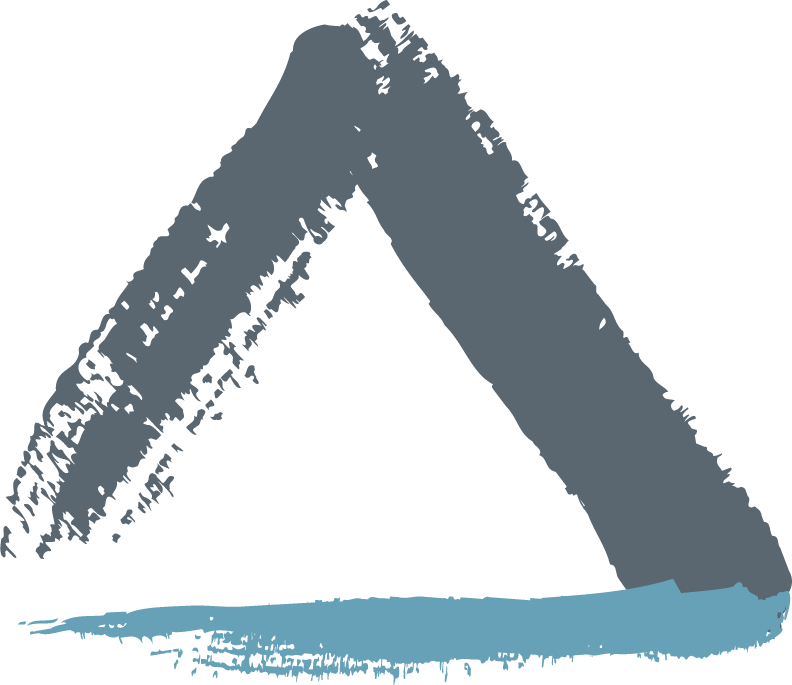Expand Your World By Discovering Your Genius (And Others', Too)

Maybe you were a straight A student through and through, always told how smart you were, and always believing it (for the most part.) Maybe, like some of us, you skated by with Cs and heard how you weren’t “that smart” and you believed that, too.
Our education system teaches us one definition of “smart” : good grades. Making good grades, however, ultimately boils down to passing tests, which can be further reduced to regurgitating information deemed “important” by an educational governing body. Our system rewards only this kind of “smartness” (memorization and passing of tests.) Those who mark too few correct answers “fail” the tests and are graded lower than those who marked more correct answers. They are then labeled “less smart” and that’s that.
The “smart” students are admitted— on the basis of this sole measure of “smartness”— to higher education opportunities, where they will gain the knowledge and skills to find work doing jobs that financially reward their “smartness.”
The “not as smart” students are told to work harder, study more, play less, and take their schoolwork more seriously, for, since they are “not as smart,” they will either have to work harder to get the same education opportunities, or perhaps, they will not get them at all, and they will have the unfortunate fate of doing one of those jobs had by people who didn’t “do well” in school.
Fortunately, some of those folks can squeeze by with a C average in law school and go on to “be successful” (at least by a single metric of this word, as well) but the quiet belief that they are not “smart” will stick with them, because the world loves “smart,” right?
The truth is, there are all kinds of ways to be “smart.” In the words of Albert Einstein, “Everyone is a genius. But if you judge a fish by its ability to climb a tree, it will live its whole life believing that it is stupid.”
And yet we do just that in school. We measure all students by a single ability: that of being able to memorize and perform on a given day.
What if “smart” were broader than grades and correct answers? What if “smart” was relative? Unique to each of us? The end of Einstein’s quote that is often left off is: “The question I have for you is, ‘What is your genius?’ ”

What is your genius? It’s likely not a subject measured in school: the ability to see the bigger picture and connect the dots, the ability to paint exactly what you seem, the ability to relate to others. Maybe it’s improv comedy, fishing, cooking, chess, creating community. We all have our own zone of genius. Each of us is, therefore, “smart” in our own ways, and we miss so much of ourselves when we fail to see our own genius.
We also miss so much of the world. How many times have you quickly made the assessment that someone is “not that smart” and maybe even “dumbed” things down for them a bit? What happens if we consider the fact that they are a genius in some way besides the one we’re thinking of as a measurement for “smart”?
“What makes a child gifted and talented may not always be good grades in school, but a different way of looking at the world and learning.”
Chuck Grassley
It’s hard to measure “the way one looks at the world,” but that doesn’t mean it’s any less of an indication of how “smart” one is. What about you? Were you told you were “smart” growing up? Perhaps the opposite? What happens when you consider a broader definition of the word “smart”?
